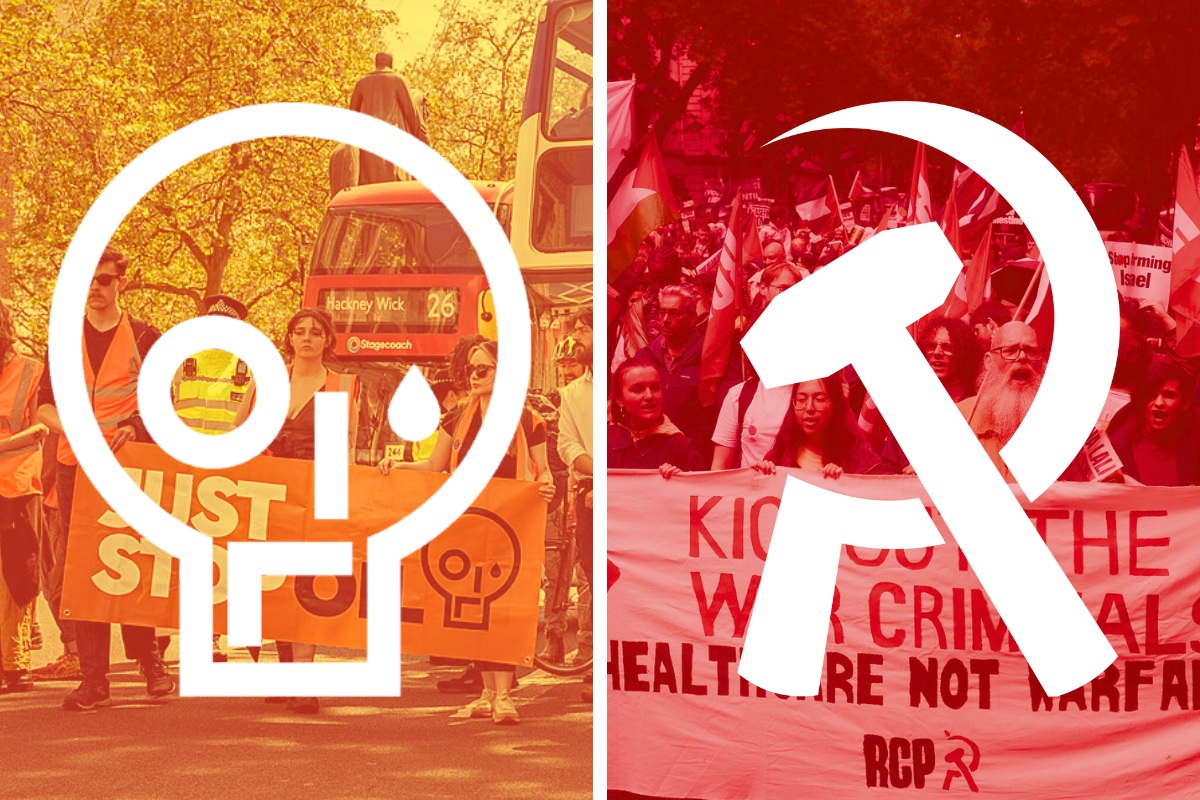[Most
of the material in this article is from ‘Labour
Research ,’ July 2008 issue.]
Unite’s Graham Tran
comments, “There was recently a case where a young man was given a 24 month
prison sentence for spraying graffiti on train carriages. When Shell was
prosecuted following the deaths of two workers on Brent Bravo, they pleaded
guilty and got a fine of £90,000. That is the equivalent of the profit they
make in 45 minutes. A two year sentence for spraying paint on trains – 45
minutes for killing two men.”
So the continuing
prioritisation of profit in preference to human life, outlined in Nathan’s
article, remains the case today. No prosecution has ever been launched against
Occidental Petroleum on account of the 167 deaths in the disaster
Graham Tran continues,
“Safety has improved since Piper Alpha, but not enough…too many bad players
continually put profits before safety.”The permit-to-work system, which
Nathan’s article shows was a problem on Piper Alpha with changing shifts, is
still a problem. “More operators are
coming into the North Sea, which means that workers could be working for 13
different operators over a one year period. There needs to be a single
permit-to-work system”
Jake Molloy of the RMT
offshore branch adds, “(Survey) KP3 identified exactly what we have been saying
about safety for the last 8 to 10 years. There are problems of corrosion due to
lack of maintenance, and budgets for improvement based on a $10 barrel of oil,
when the price is now $120 a barrel.”
But the main problem
is the continued casualisation of the industry. Twenty years ago workers with
trade union sympathies or who expressed concerns about safety were routinely
NRBd (Not Required Back – blacklisted). 80% of offshore workers are employed by
subcontractors. They can still be victimised. Offshore workers do not even have
the same rights to safety reps as workers onshore.
There’s still a long
way to go.





